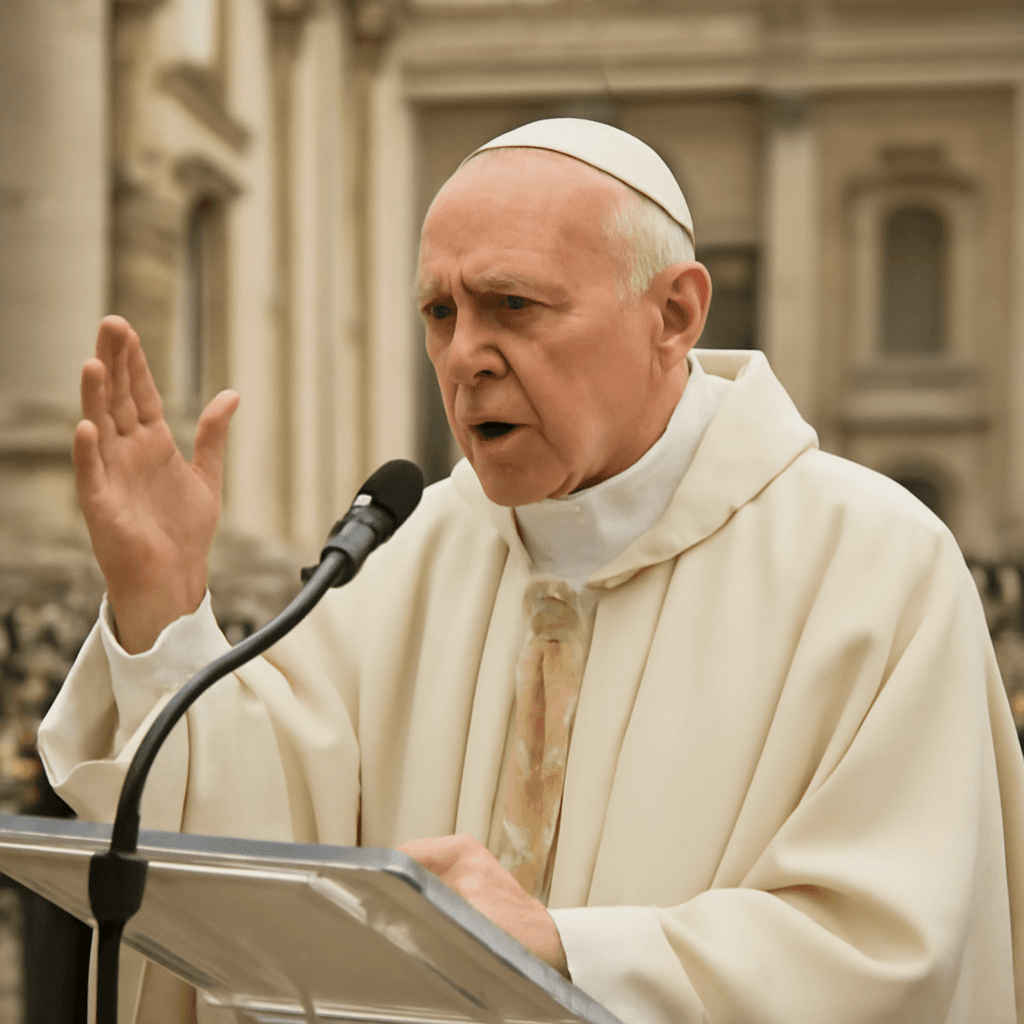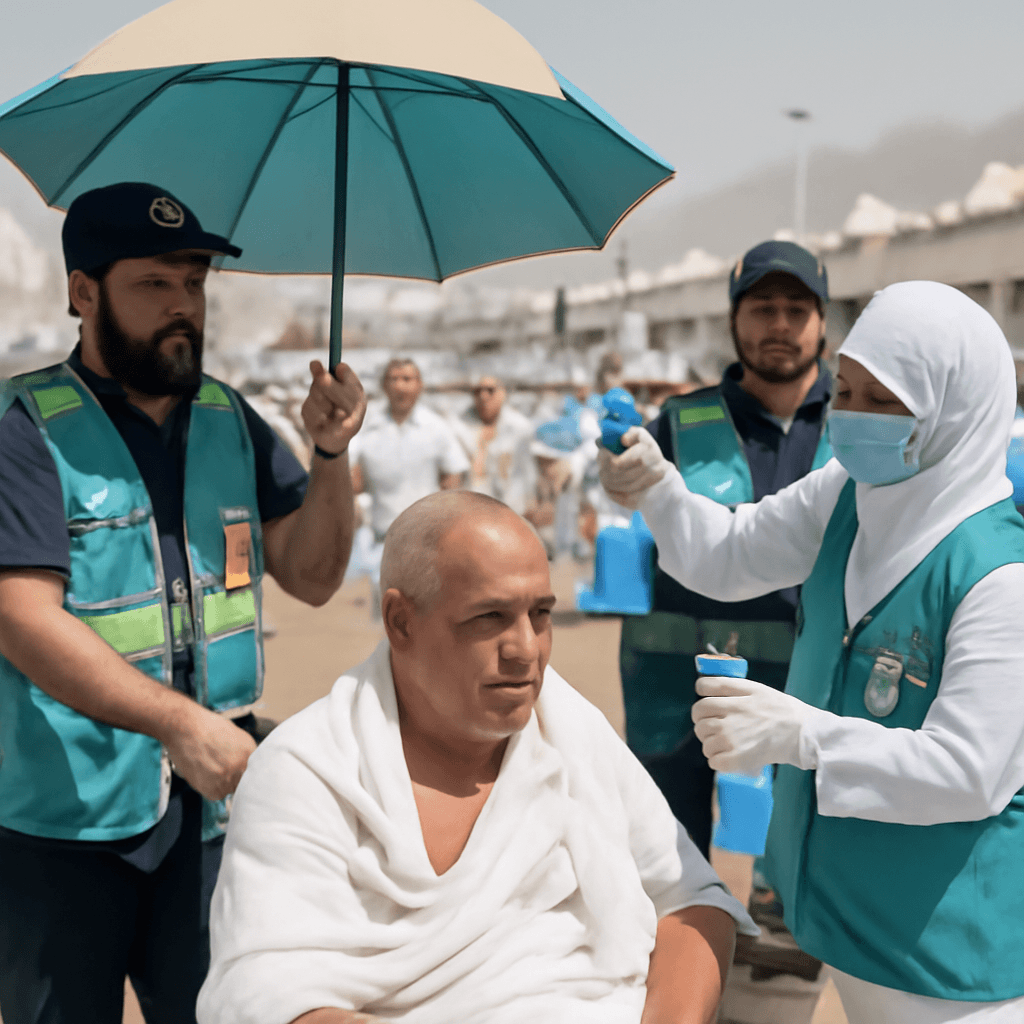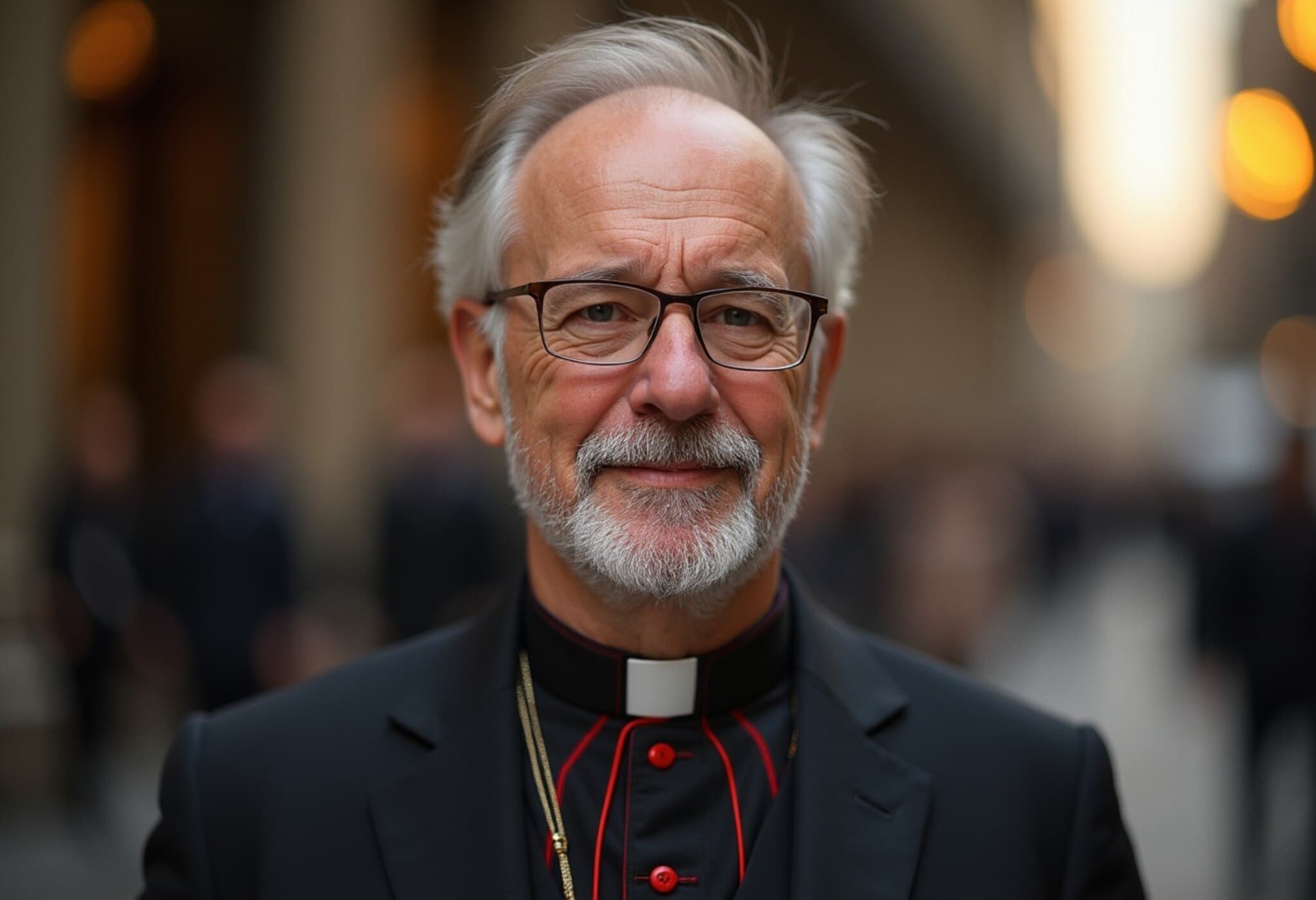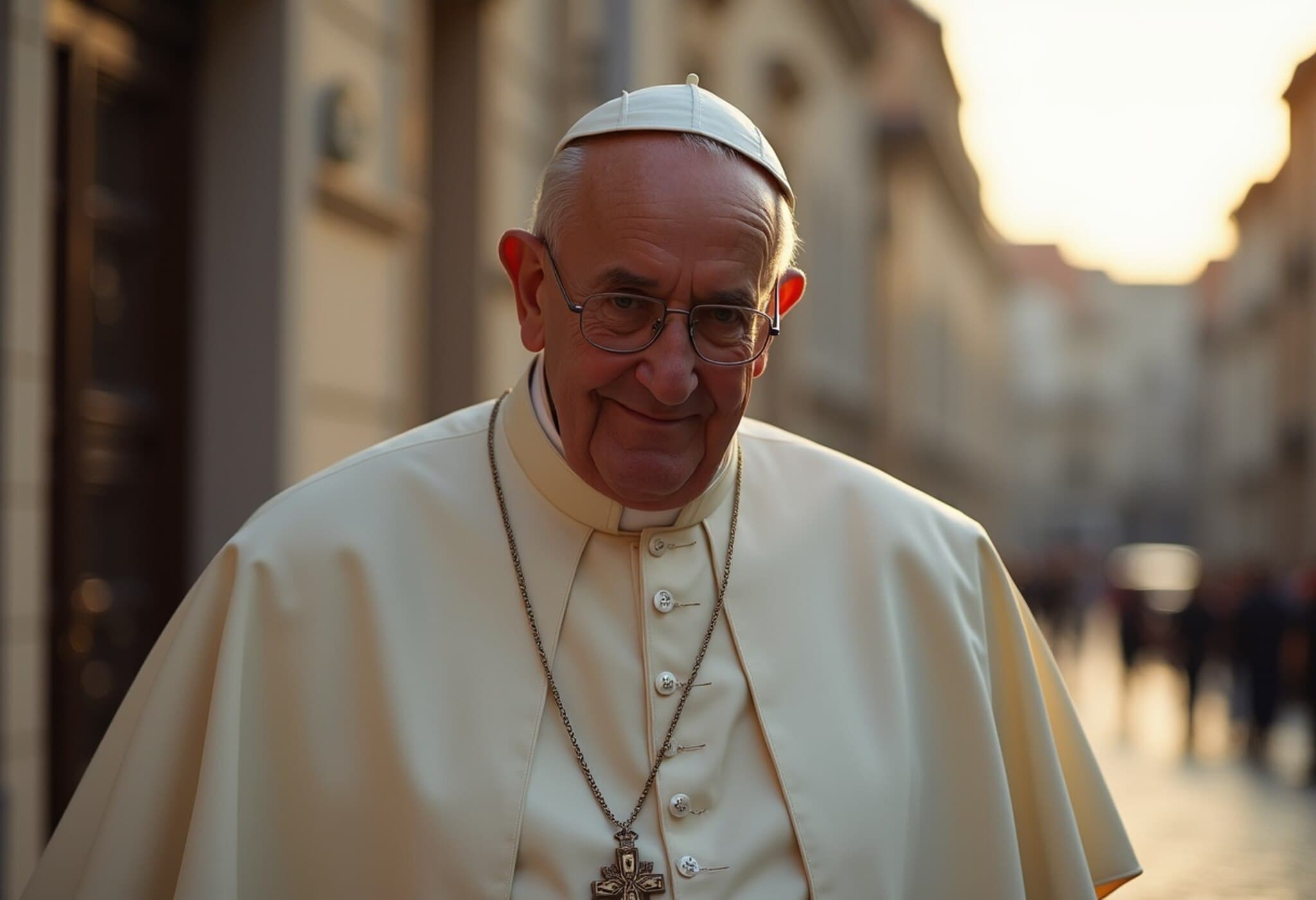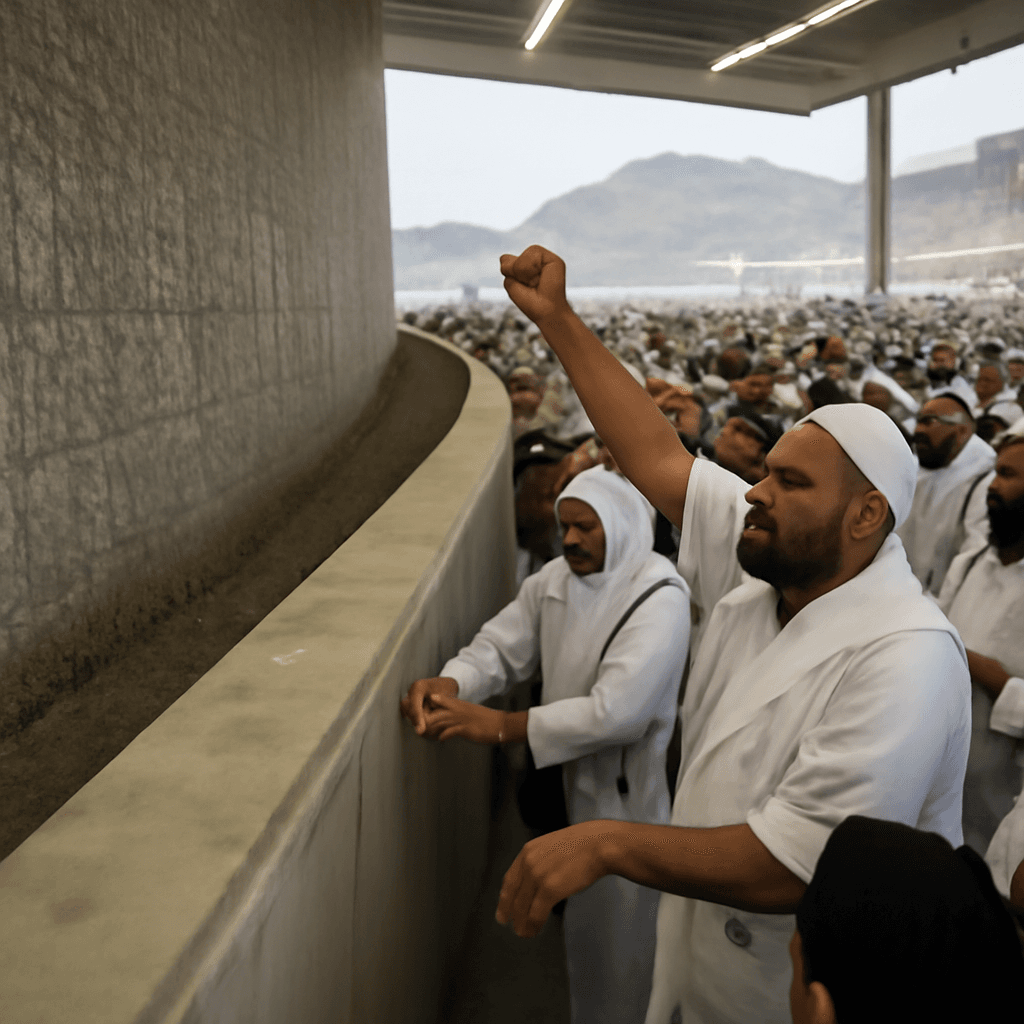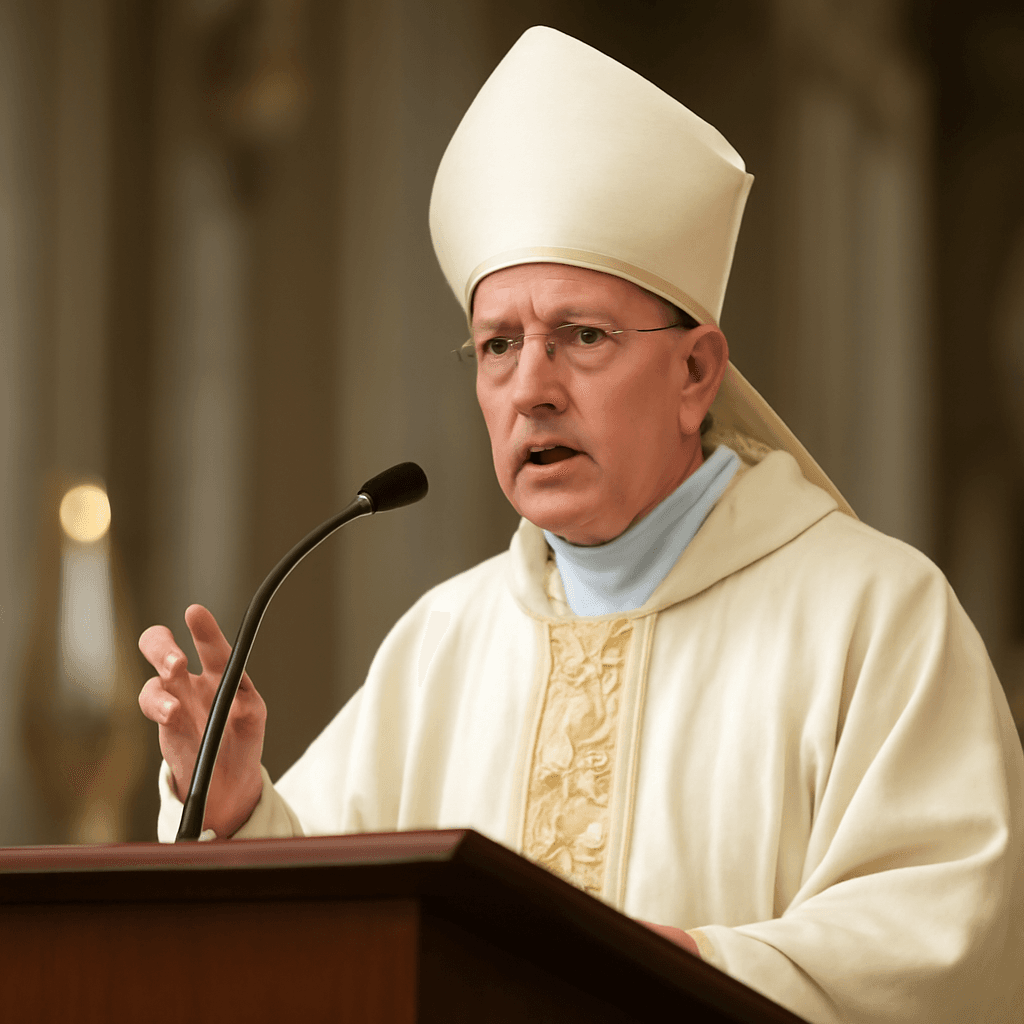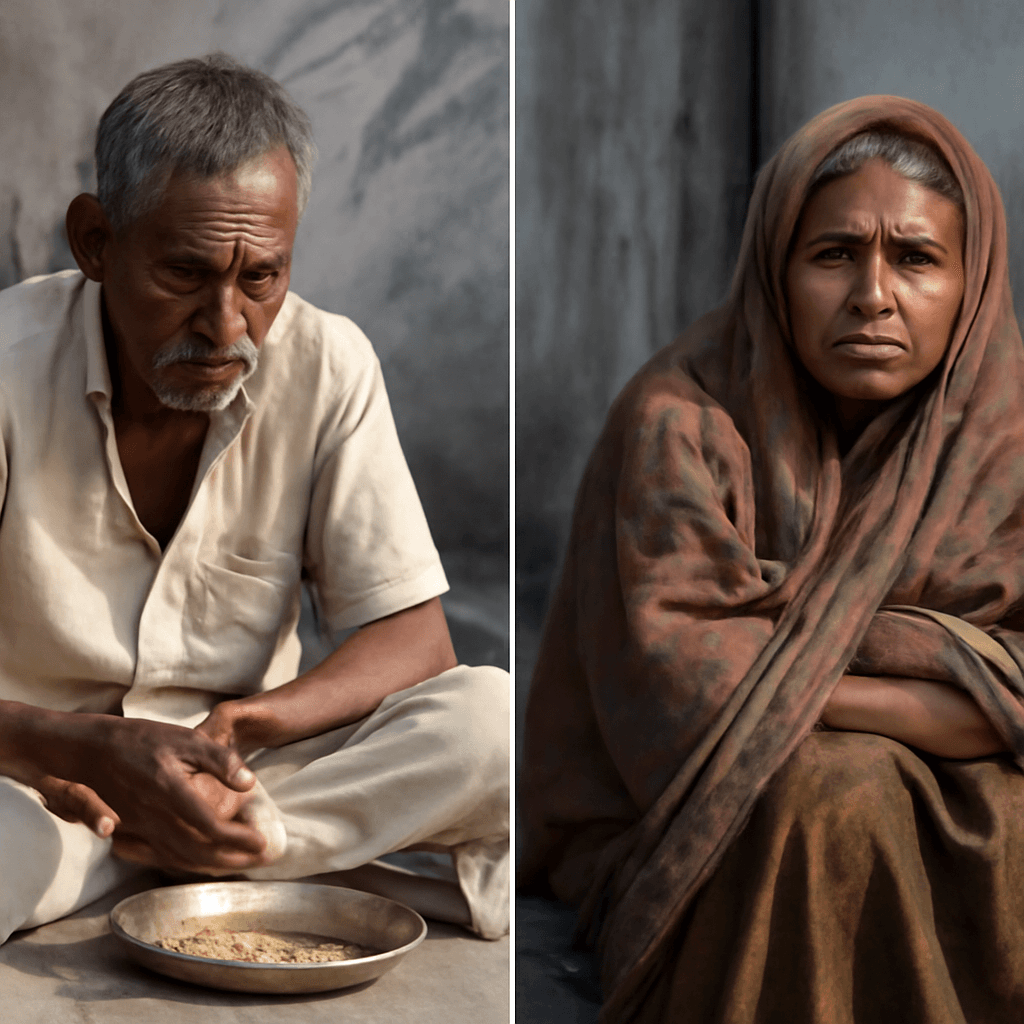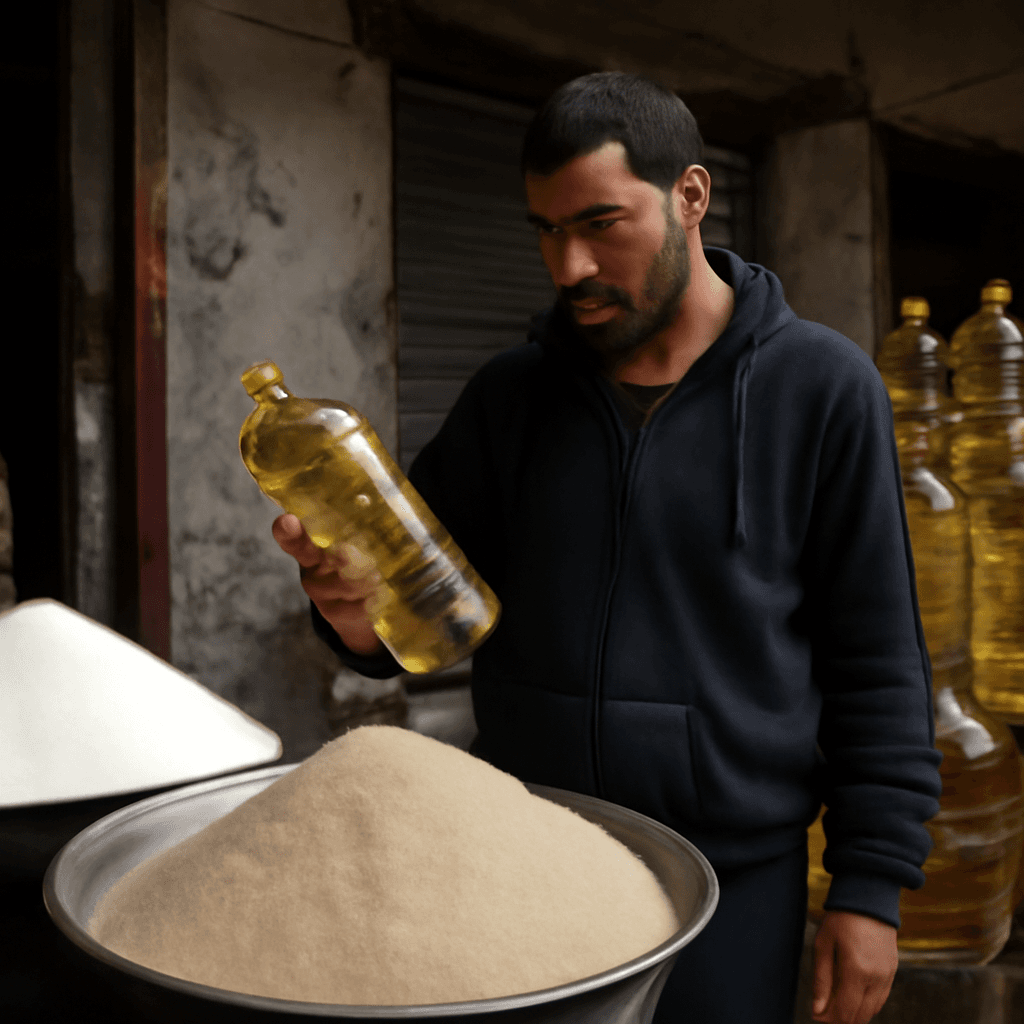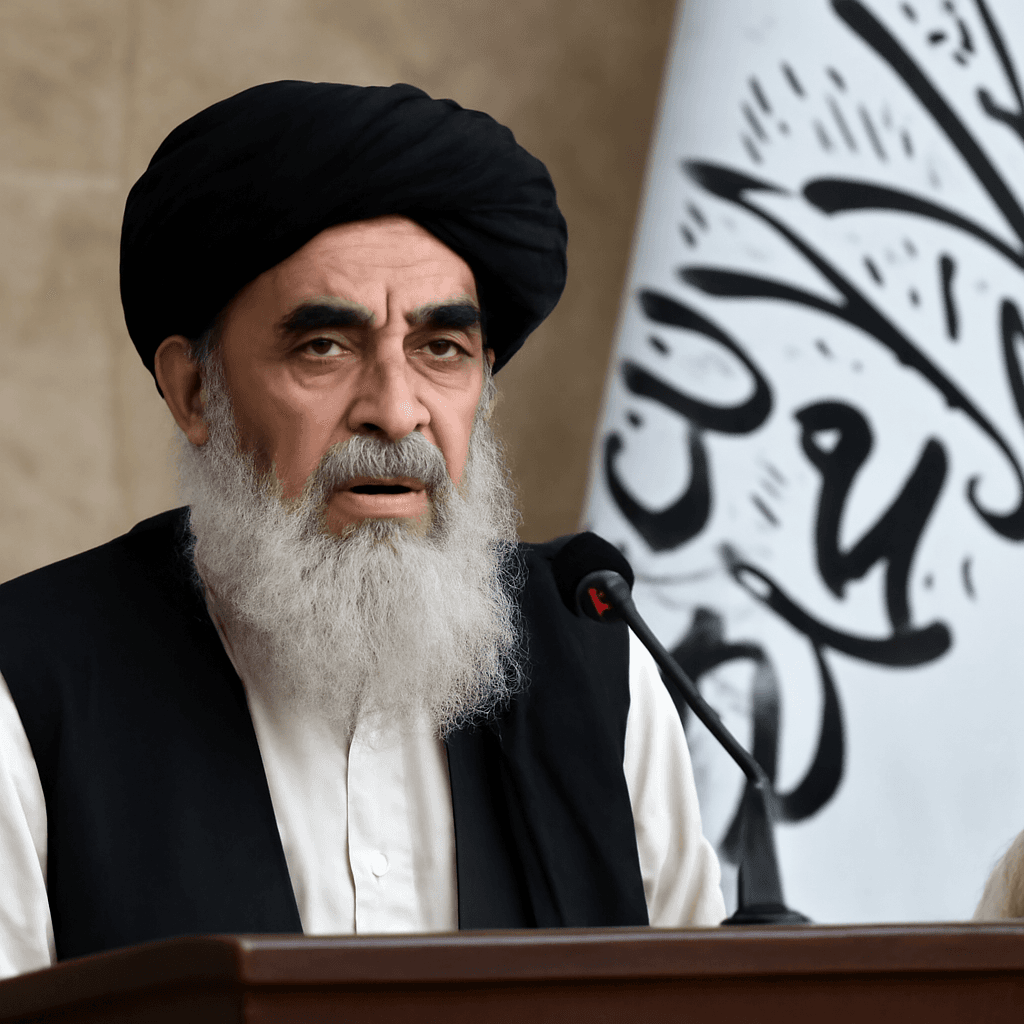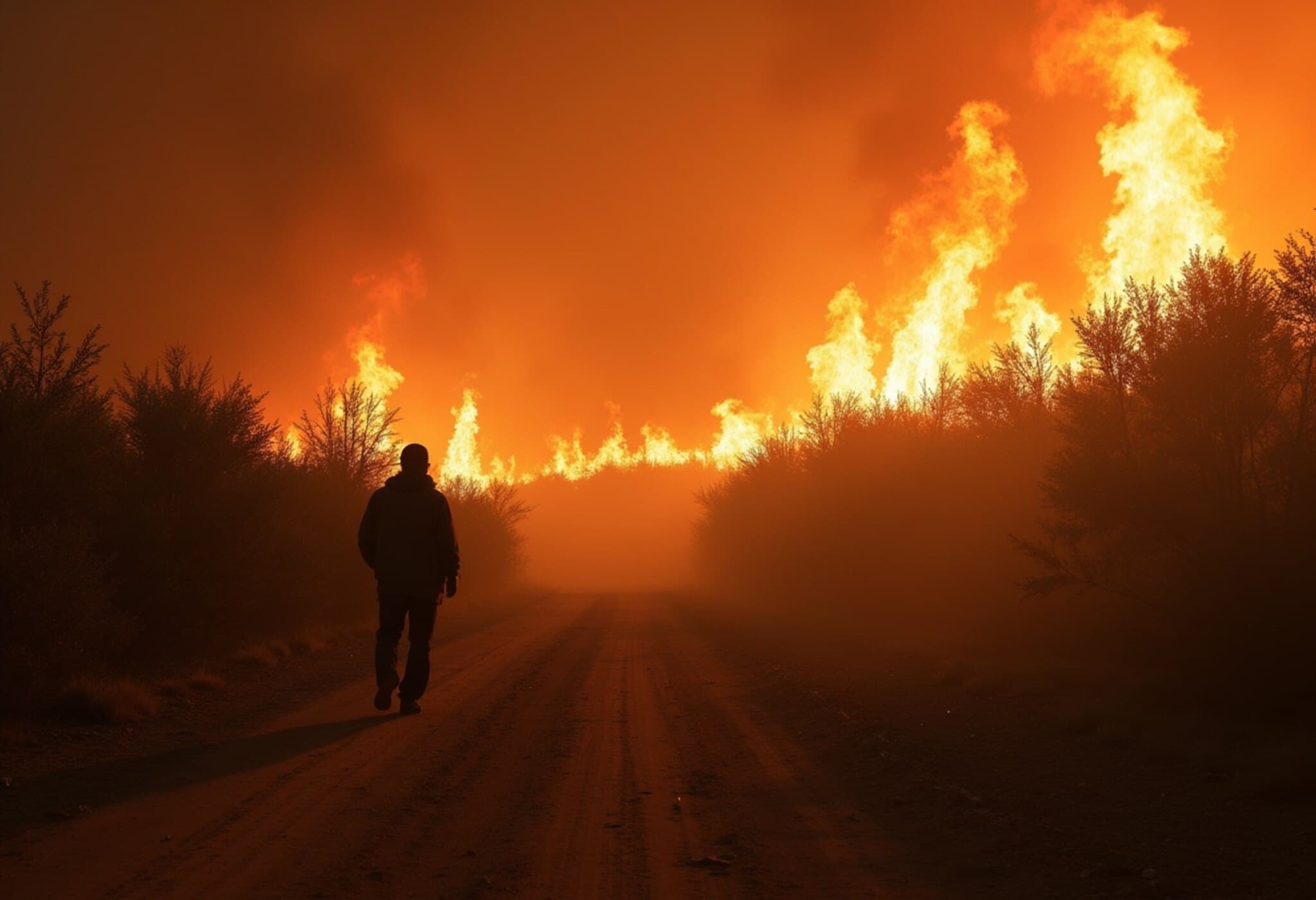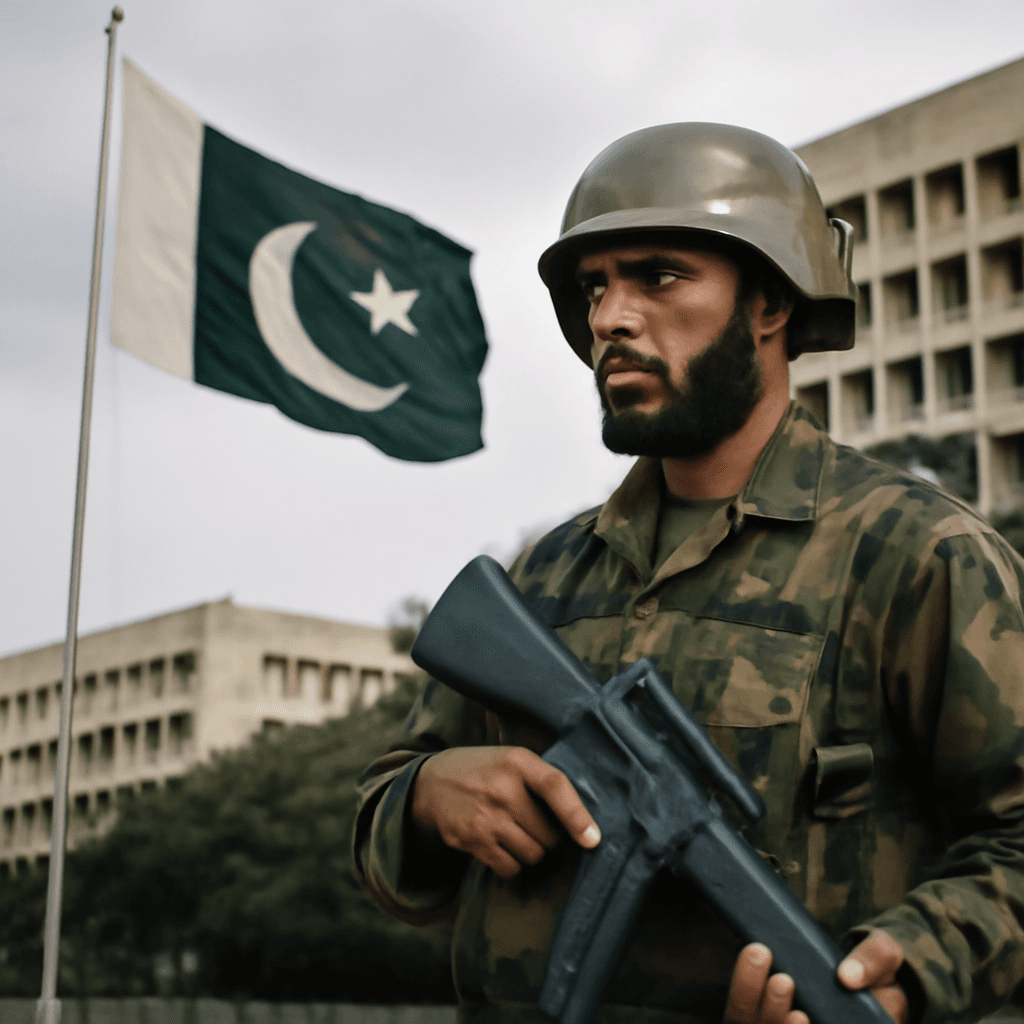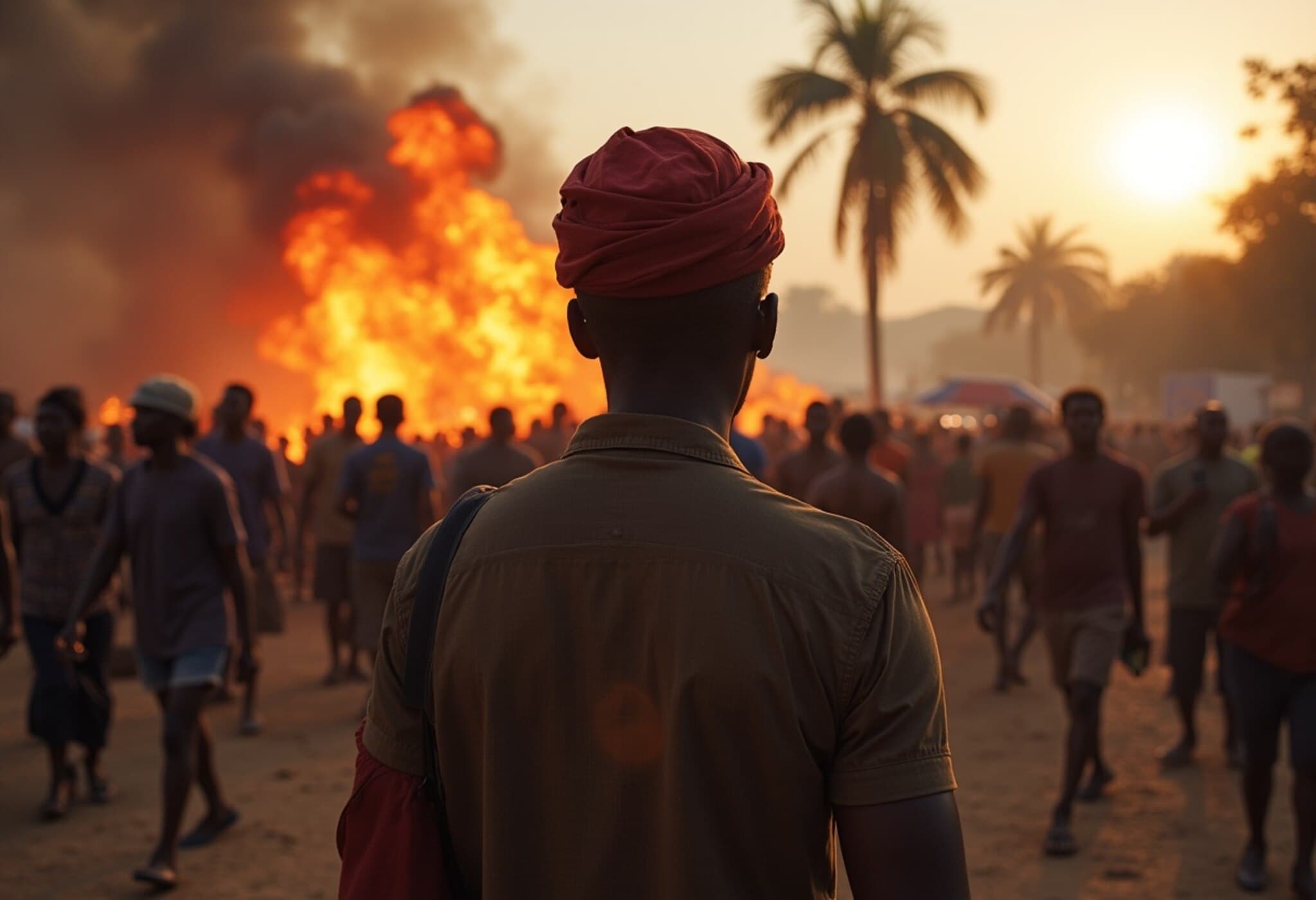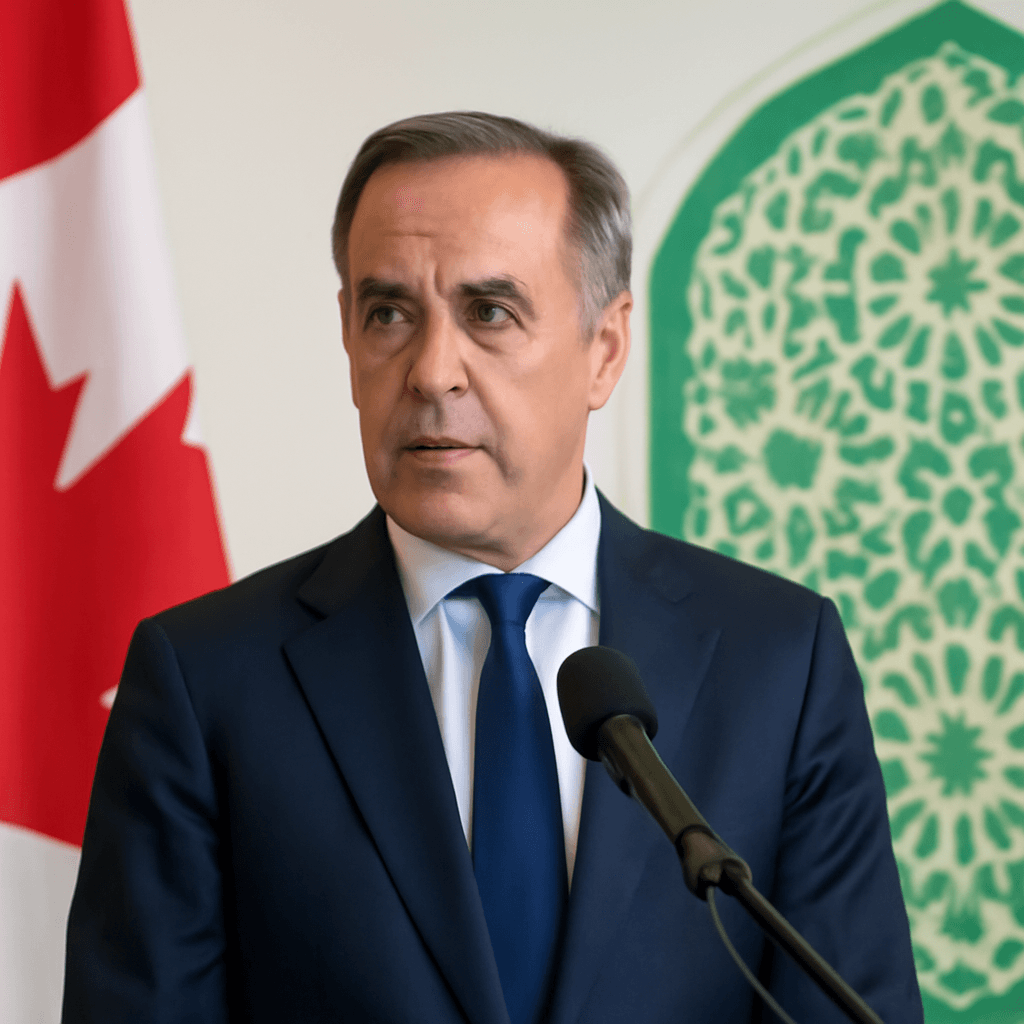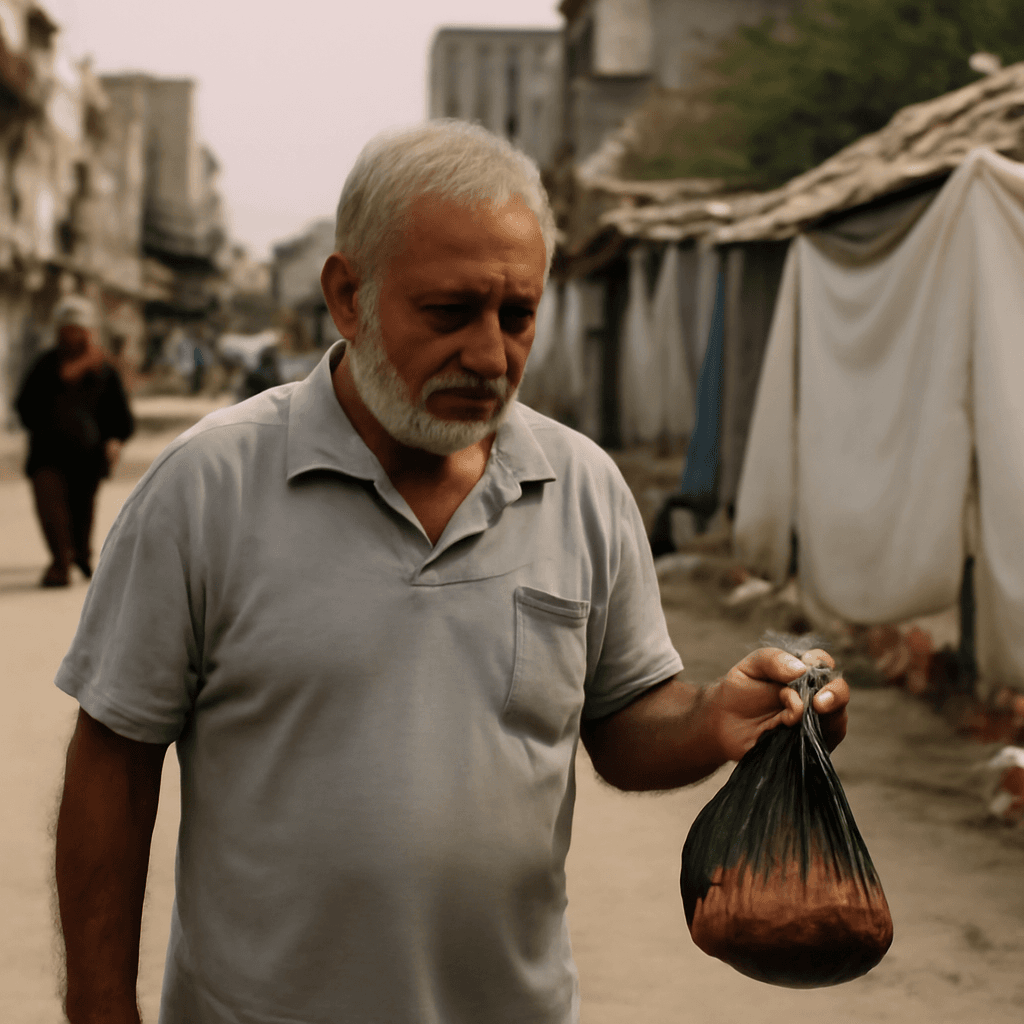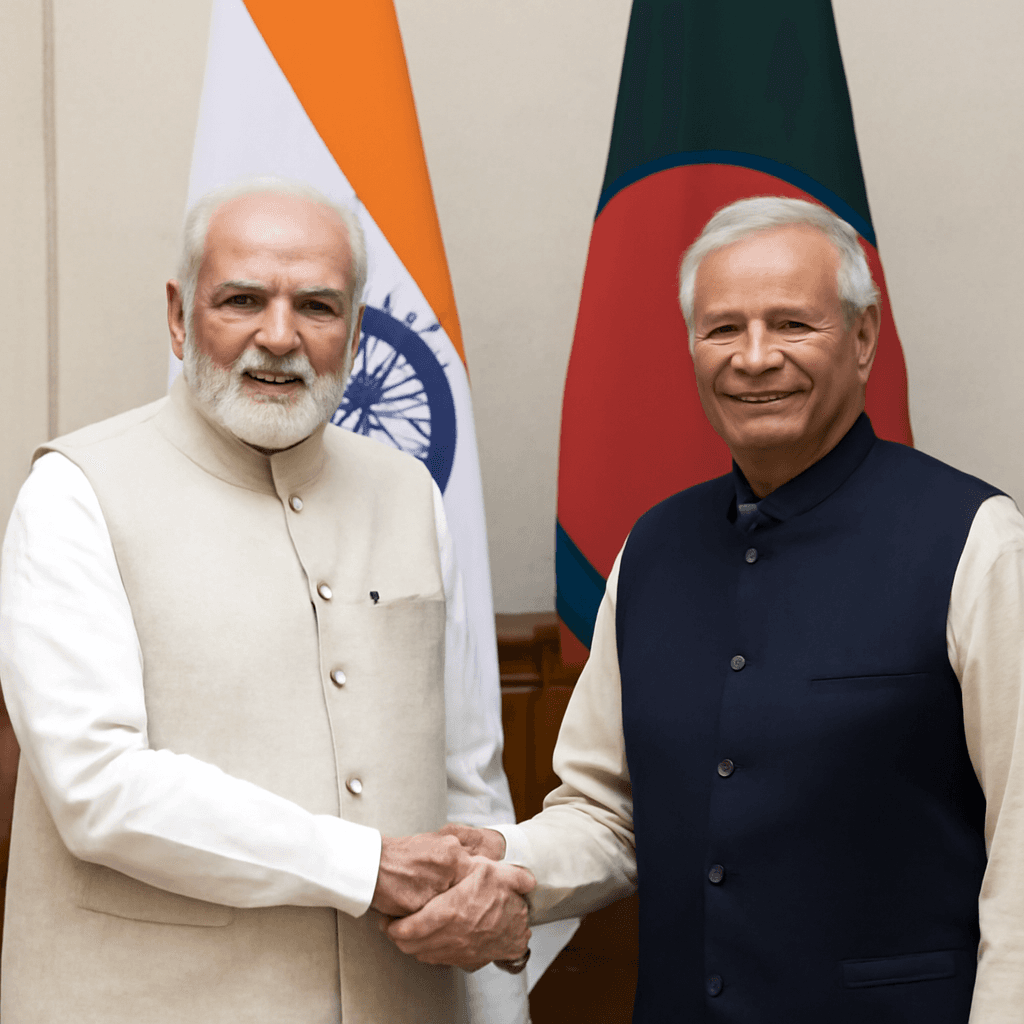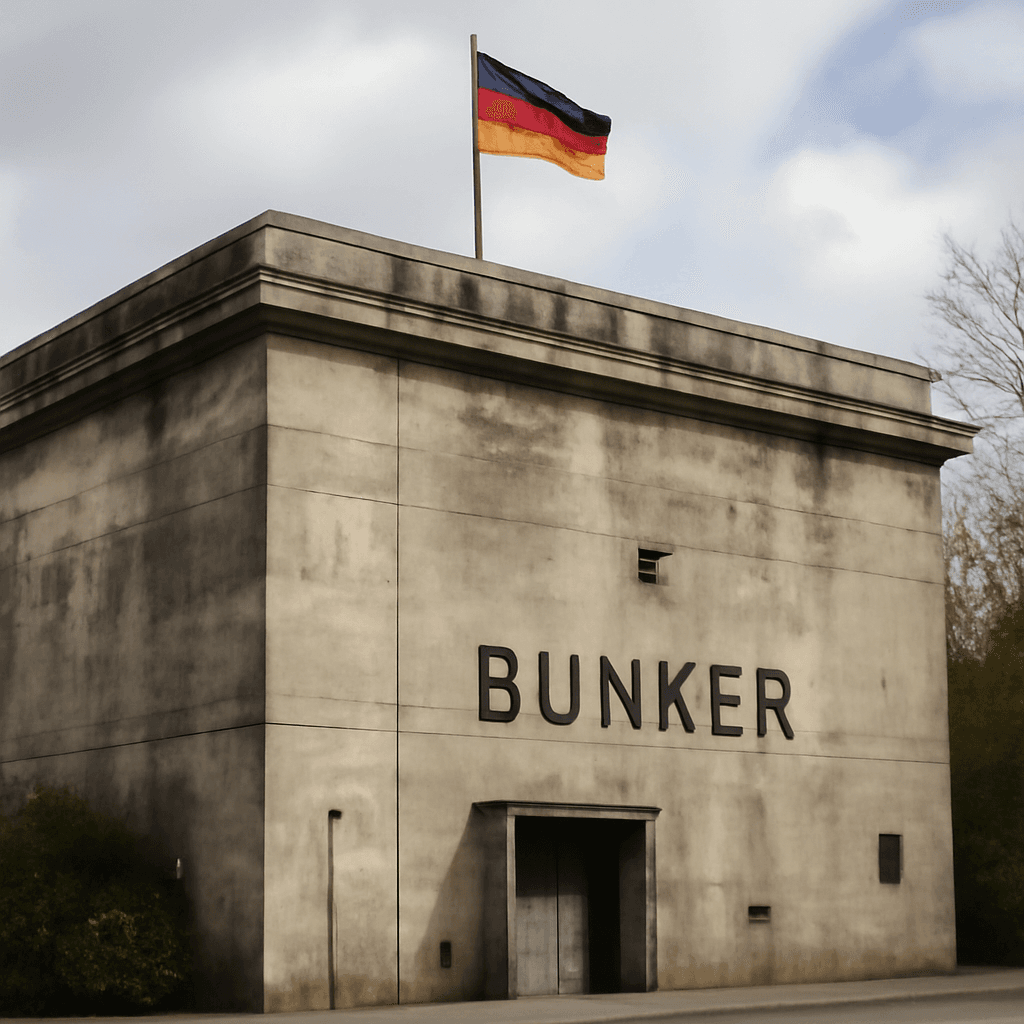Morocco Halts Eid al-Adha Animal Sacrifices for the First Time in Years
In an unprecedented move, Morocco has decided to forgo the traditional animal sacrifice ritual during Eid al-Adha, a festival deeply rooted in Islamic faith and culture. This initiative comes as a royal directive from King Mohammed VI, reflecting the country's growing economic hardships and a persistent agricultural drought.
King Mohammed VI Takes a Leading Role
In a public statement aired earlier this year, the king, also revered as the nation’s highest religious authority, emphasized the financial burden the ritual imposes on many families. "Performing it in these difficult circumstances will cause real harm to large segments of our people, especially those with limited income," he said.
To honor the festival's spiritual meaning, King Mohammed VI pledged to conduct the sacrifice on behalf of all Moroccans, thus maintaining the religious essence while promoting societal relief.
The Economic and Environmental Backdrop Driving the Decision
Morocco has been grappling with a severe six-year drought, which drastically diminished the country's livestock numbers. Reports indicate a staggering 38% decline in sheep herds since 2016. The consequent shortage has driven prices to astronomical levels — last year, the cost of a single sheep soared to roughly $600, almost double the monthly minimum wage of $324.
With soaring costs, many households find it increasingly untenable to fulfill this religious obligation. A survey conducted by the Moroccan Centre for Citizenship revealed that 55% of families struggled to afford sacrificial animals.
Government Response to Ease Burden
In an effort to mitigate this crisis, the Moroccan government has removed import tariffs and value-added taxes on cattle and sheep for 2025. This intervention aims to stabilize prices and alleviate the financial strain on citizens wishing to partake in Eid traditions.
Historical Precedence of Eid Suspension
While this ban is notable, it is not without historical parallel. King Mohammed VI’s father, King Hassan II, previously suspended Eid sacrifices three times during his reign amid war, drought, and times of International Monetary Fund-enforced austerity measures that included food subsidy cuts.
Significance of Eid Sacrifice in Morocco
Morocco, a nation where over 99% of the population identifies as Muslim, is known for its high consumption of red meat—among the highest in Africa. The traditional sacrifice during Eid al-Adha holds profound religious and cultural significance, often serving as a communal act of faith and charity.
This year's decision, driven by practical necessity, reflects how economic realities and environmental challenges can shape even the most longstanding cultural practices.


